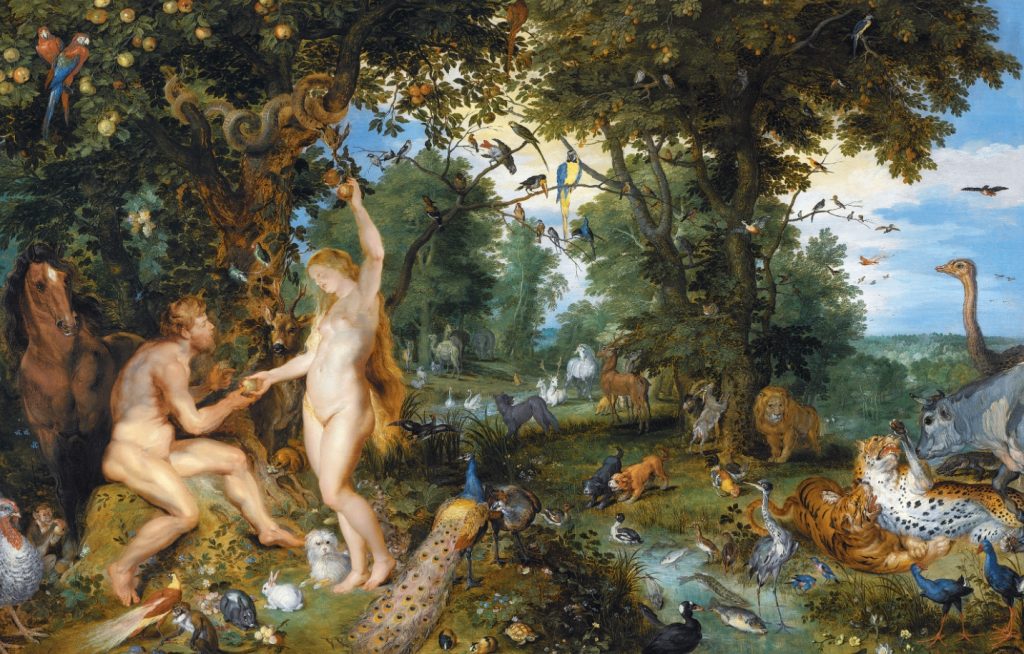Gardens in Greek mythology are not only a symbol of natural beauty, but also an important stage for the stories of gods and heroes. In these myths and legends, gardens are often endowed with mysterious colors, symbolizing power, wisdom and eternity. By drawing on these mythological elements in modern gardens, we can not only enhance the cultural connotation of the courtyard, but also add a touch of mythical fantasy.
Take the Golden Orchard of Hesperides as an example. This garden guarding golden apples symbolizes immortality and wealth. It is not only full of rich fruits, but also guarded by legendary dragons. Incorporating similar elements into modern garden design, such as implanting greek garden statue made of bronze or marble, can reproduce the magnificent scenes in mythology. In particular, statues of Greek gods such as Zeus and Athena can not only become visual focal points, but also add a sense of solemnity and sacredness to the garden.
In addition, the legendary seaside garden of Aphrodite, famous for its elegance and romance, also provides inspiration for garden design. By cleverly using flowing water devices, flowers and statues symbolizing beauty and love in the courtyard, a soft and tranquil atmosphere can be created. Combining the symbolic meaning of natural landscape and Greek mythology, the garden design is built into a unique outdoor paradise, allowing people to enjoy nature while feeling the charm of mythology.
The garden in Greek mythology is not only a symbol of an ideal state, but also a cultural heritage. By introducing Greek garden statues and mythological elements, modern gardens can radiate endless artistic and historical charm.
